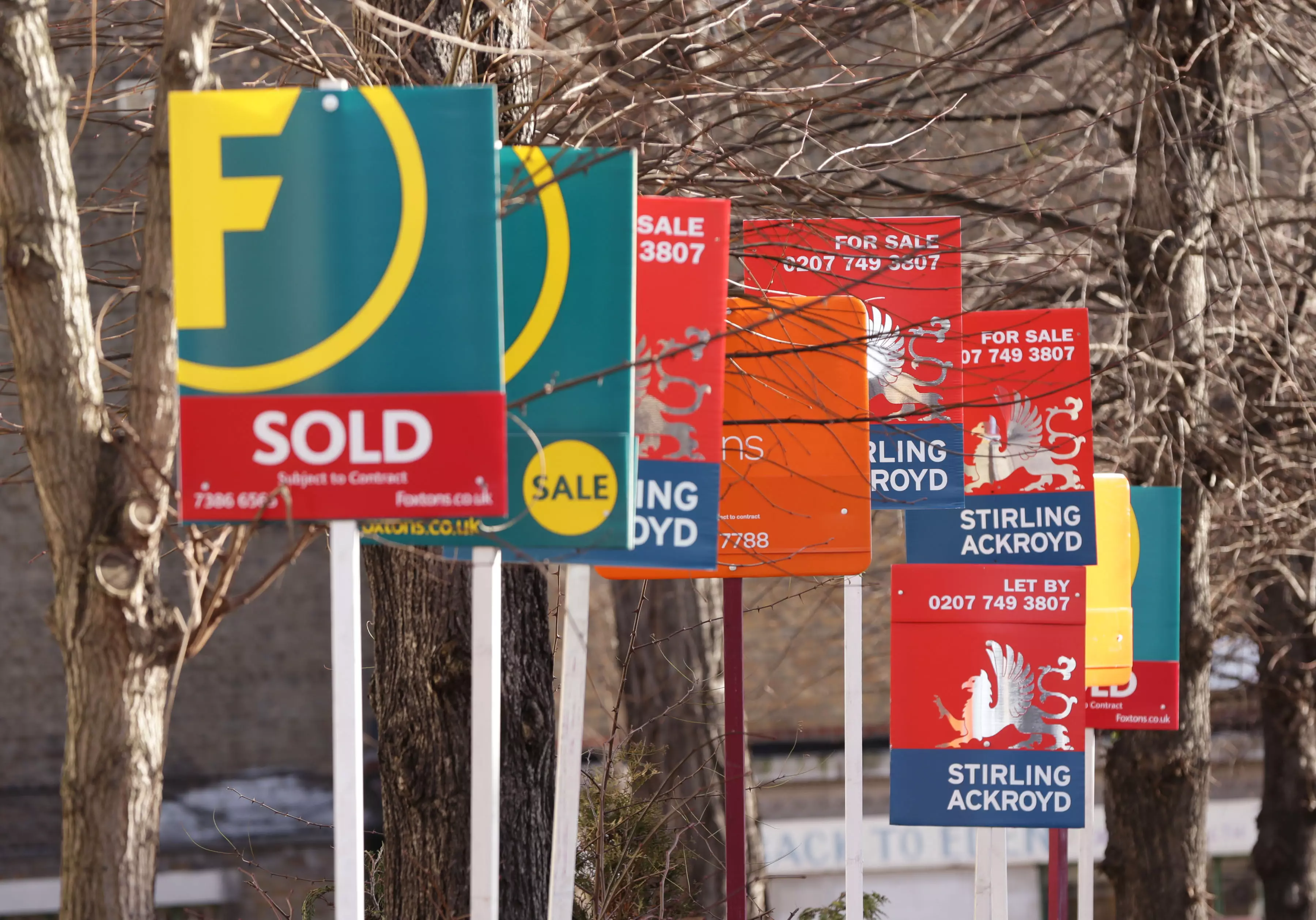
If you're currently renting a property then you might want to listen up, because you could be owed hundreds thanks to a new law.
Back in June the Tenant Fees Act 2019 was introduced, and tenancy fees were officially banned, meaning people who rent a property could soon very well be in for a refund.
And now, experts have revealed tenants could claim back over £300 on average from their landlords or agents.

As well as banning tenancy fees, the act also capped deposits at five weeks' rent for properties of less than £50,000, stopping landlords charging exorbitant amounts to new tenants. Plus, holding deposits were also capped at a week's rent under the new laws.
Advert
But what does this all mean for you? Essentially, landlords or agents letting the property must return any part of the deposit which surpasses this new maximum cap.
The Tenancy Deposit Scheme (TDS) - who are a government approved protection scheme - said in a recent interview that on average, private renters have been eligible to claim £320 back each.
Debbie Davies, Assistant Director of Business Development at the TDS, told Property Wire: "We reviewed data from when the legislation was first introduced in order to establish how frequently deposits are being partially repaid by agents or landlords.

"During this period we have made 2,550 repayments totalling £817,031.33.
Advert
"From delving deeper into the figures we identified the average payment was £320.27 and the highest repayment to a tenant was £3,384.62.
"We believe the deposit cap is having the effect intended by Parliament, with the deposit held being reduced upon renewal, which is great news for renters."

So how can you check if you are owed money?
Advert
If your rent costs more than £50,000, then you're due to get some money back if you've paid more than six weeks rent in one go.
The exact amount will depend on the price of your weekly rent and the size of the deposit.
You'll only be eligible for the refund if you stay on in the property, This is because if you move elsewhere, then, assuming you've kept to the tenancy agreement, you should be entitled to the whole deposit back anyway.
It's important to remember that even if your landlord doesn't offer the money back upfront, you're within your right to ask for it, and you can report your landlord to the Trading Standards or even take them to court if they don't pay up.
And you should get the money within as little as 10 days if your deposit is held in a government protected scheme. Unfortunately, if you're in student halls or on assured tenancy, this may take longer.
Featured Image Credit: Pexels